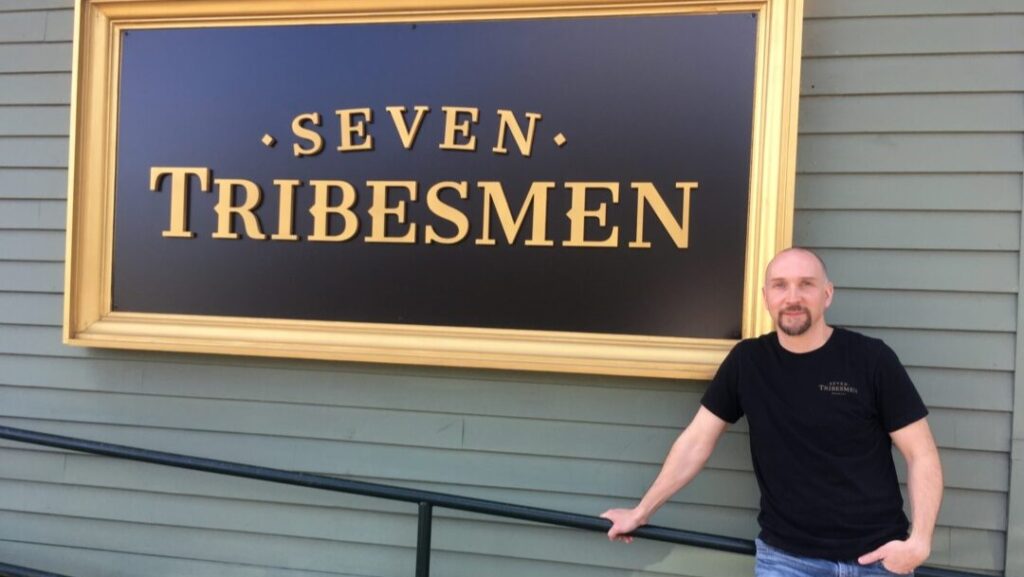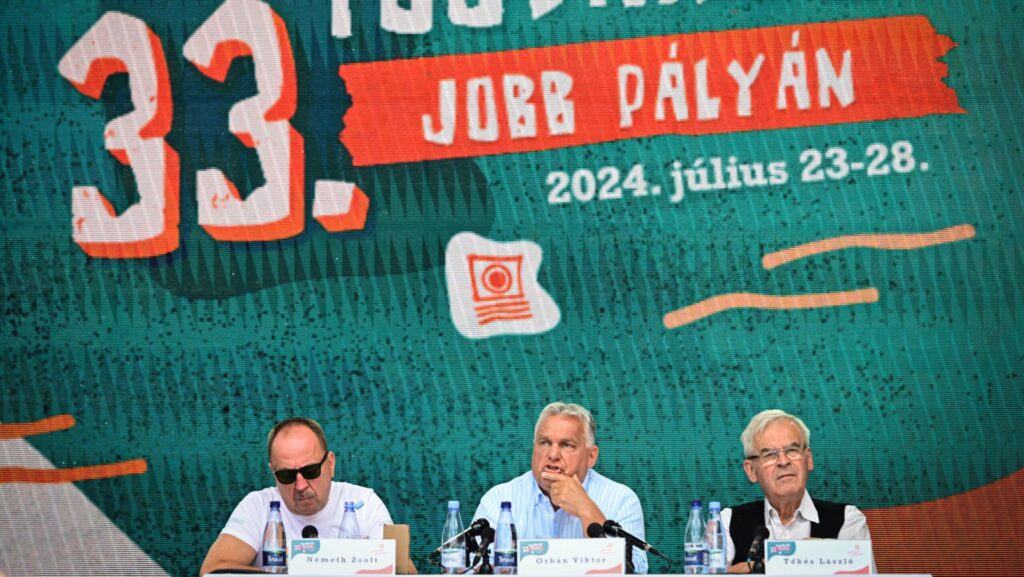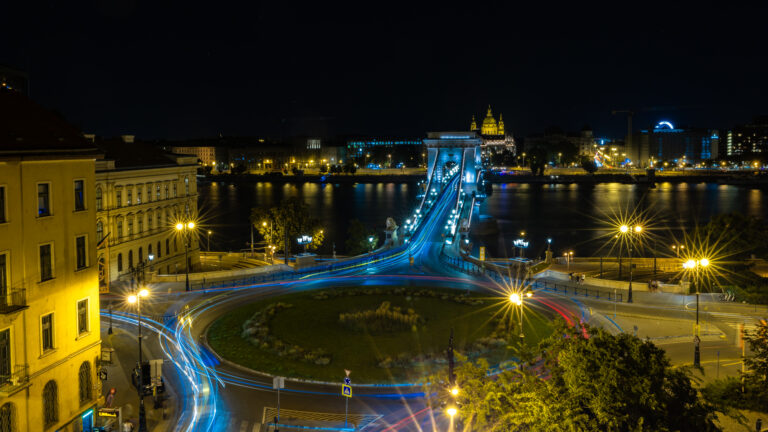Remarks delivered by former Australian Prime Minister Tony Abbott to a joint Heritage Foundation–Danube Institute ‘Unite the Right’ seminar for delegates to the International Democracy Union in Washington, DC on 7 December 2023.
________________________________________________________
Nostalgia for a golden age and lamenting the decline from it is characteristic of conservatives; and that’s not all bad, provided it spurs us to lift our game rather than fold our tents. In the glory days of Reagan and Thatcher, our economies were indeed strong, our countries stood tall, and our parties were confident and united. Or that’s how it seems now, although it didn’t always then. They surely were great times for centre-right politics: not only did Reagan and Thatcher revitalise their countries, and revive the Anglosphere; with St John Paul II, they overcame Soviet communism, ushering-in what was said to be enduring peace between major nations based on universal liberal capitalism.
Except thirty years on, we’ve had an Islamist death cult, a pandemic where the policies to deal with it were worse than the disease itself, renewed Russian militarism in Europe, a new and more complex cold war with another communist superpower, and now a further Islamist death cult threatening a new Holocaust. What’s more, globalisation has meant the de-industrialisation of the West, and large movements of people, from what was the third world, to what was the first world. That’s been good for most people in poor countries, and for rich people in rich countries; but not so good for poorer people in rich countries and that’s the majority of our voters. So much for the end of history and so much for the triumph of the liberal West.
In America, one Republican president got his country into economy-draining and spirit-sapping forever wars; and another got the economy moving, only to turn his party into a personality cult. In Britain, five Conservative prime ministers have managed create the heaviest tax burden in post-war history, despite Brexit-ing from the statist EU. And in Australia, another revolving door prime ministership produced a Liberal-National government that was more Malcolm Fraser than John Howard, although it did at least manage to stop a wave of illegal migration by boat and repeal an established carbon tax – two world firsts. So yes, not only is it a more dispiriting world but conservative parties have-too-often let people down, their strongest adherents most of all.
Disappointment, though, is part of the human condition, and our duty is not to find perfection but to seek improvement.
Politics, after all, is rarely a contest of good versus great; or even of good versus bad; often it’s bad versus worse; and success is not matching the greats of the past, it’s just being better than the current alternative. And every party of government, or potential government, is a coalition and whether it’s more progressive or more conservative depends partly on the particularity of circumstance and leadership. Looking at President Biden, does even the most fervent never-Trumper think the Democrat would be better, other than on Ukraine perhaps? Does anyone think that Kier Starmer, formerly an enthusiastic barracker for Jeremy Corbyn, would run government better than Rishi Sunak? And while the recent Australian Coalition government was far from perfect, Prime Minister Anthony Albanese is starting to make voters nostalgic for Scott Morrison.
The problem with the centre-right parties of the Anglosphere is not so much defective beliefs, as insufficient self-belief. This problem has been less a failure of belief, than a failure to put beliefs into practice. Not so much because we’d lost faith in the liberal-conservative creed, but more because we’d lost faith in our capacity to bring the electorate with us.
A centre-right government acting like a centre-left one can only ever be half-hearted and unconvincing and unlikely to impress voters who can always tell a fake. On the other hand, there’s nothing like seeing your country damaged by the other side to renew our self-confidence to drive change for the better and even unconvinced voters will often give parties and leaders credit if they know where they stand.
And that’s now becoming evident in Australia. We recently had a referendum to entrench in our constitution a special body, that only Aboriginal people could be part of, and that only Aboriginal people could choose, to make representations to the parliament and to the executive government on anything and everything that could have affected them. For many months, this had strong support in opinion polls. But judging his moment well, Liberal-National Coalition Leader Peter Dutton chose to do what was right, over what was politically expedient; and consequently something that would have entrenched race in our constitution, gummed-up government even further, and reinforced the separatism that’s at the heart of indigenous disadvantage was resoundingly beaten. It’s a vote that should echo round the world, because it’s the first big occasion when identity politics has been put to an electoral test; and the verdict could hardly have been more clear. It’s also an encouraging sign of how a good argument is more persuasive with voters than the hectoring of elites.
Conservatives win elections when voters think we will make life better for them.
We just have to be a clear alternative to the other side in opposition and a competent administration that gets things done in government. Not Labor-lite and not Red Tories.
And that means having policies that reflect our instincts. After all, what’s not to like about lower taxes, greater freedom and smaller government; about support for the family, small business and institutions that have stood the test of time; and about believing that our country is the best place in the world to live and wanting to keep it that way? And what’s not to dislike about waste, bludging, and running down our country? Parties of the centre-right should have a natural competitive advantage against those of the centre-left, provided they’re true to their instincts. The freedom party, the tradition party, and – above all – the patriot party, for that’s what we are, should be the natural party of government.
And if richer people are voting more left, while poorer people are voting more right, what’s the problem with that – except for political snobs. It’s the left that sees those that vote against it as ‘deplorables’. By contrast, the right has a tendency to see those that vote for it as deplorable, some of them anyway, and to try to appease ‘our kind of people’, whenever they’re inclining to vote the other way.
The best way the Republicans could lose the next election in the United States is with a candidate who makes it all about him, and his vindication, rather than about the voters. Despite everything, the British Conservatives could still win against an underwhelming opposition, were they to unite behind a decent and capable prime minister and actually take charge of the government they were elected to run.
Divisions on the conservative side of politics are less about what we believe, and what we should do, than doubts about whether we can succeed. They’re not about whether we should stick to economics, or fight the culture wars, because we have to do both. They don’t pit the individual against the community, because individuals are only realised in a community. It’s not ‘the economy, stupid’ but society too, because it’s the economy that also falters when families fail; and when there’s no sustaining national project, no manifest density, no spirit of progress, no civilising mission.
Increasingly now, the central divide in public life is between those who think Western Civilisation is a blessing or a curse. Certainly those who regard climate change as the greatest challenge of our time; safety as more important than freedom; biology as irrelevant to sex; government spending as unconstrained by government revenue; and our countries as deeply tainted by their history are welcome to their views but none of them belong on the conservative side of politics.
Our task is less to feel people’s pain than to give them a lead.
So let’s have no more climate catastrophism, given that a degree or two of warming is hardly a disaster, and reducing emissions isn’t worth running out of the power to make our homes habitable and our industries competitive. Let’s have freer domestic markets, and freer trade with like minded countries, that have comparable standards of living, but let’s stop exporting jobs to our strategic competitors. Let’s make immigration working class rather than welfare class; and let’s control it and limit it, so there’s less downward pressure on wages, upward pressure on housing costs, and massive pressure on infrastructure. Let’s stop pandering to leftist propaganda that the world’s best societies, the ones that people want to migrate to, rather than flee from, are somehow the worst.
Let’s restore school standards; and value getting a trade, rather than an expensive university degree in ‘whatever studies’ that can saddle young people with debt, put off adulthood for three or four years and breed resentment at the injustice of dashed expectations. Let’s have government working with families, not against them, with more help for people who’d rather not hand-over to institutions the care of their young and their old. And finally, let’s wake up to the fact that not all countries and movements have the same respect for human life; be clearer about who our friends are, and be more ready and more able to help them.
The divisions inside the conservative movement are less over what should be done, and more over how far we might go, and the right answer is always as far as possible. In a democracy, the path to political success is always practical: for us, that means identifying the problems that worry people most and finding credible and pragmatic ways to make change for the better.








